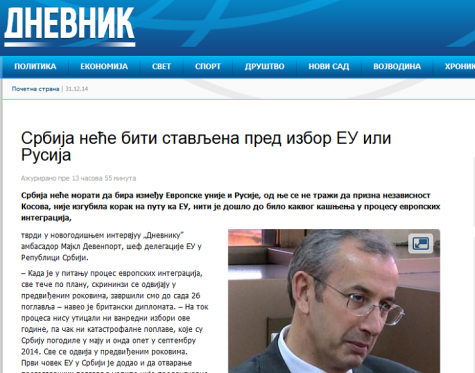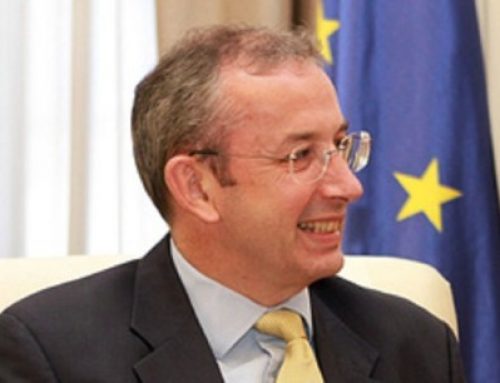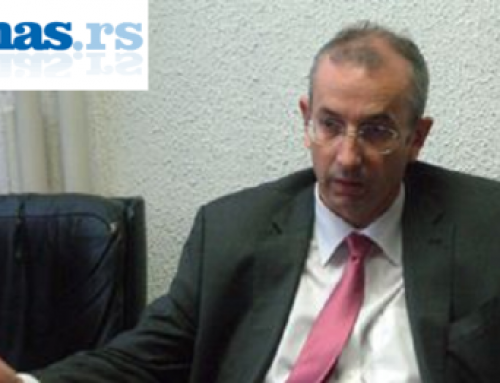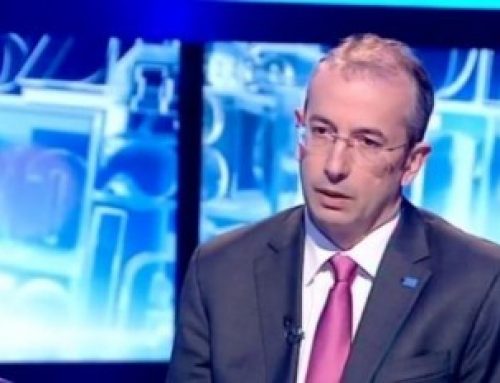Serbia will not have to choose between the European Union and Russia, it is not asked to recognise Kosovo’s independence, it has neither lost momentum on the EU path, nor has there been any delay in the process of the European integration, Head of the EU Delegation to Serbia, Ambassador Michael Davenport told “Dnevnik” daily in a New Year’s interview.
When it comes to European integration process, everything goes according to the plan; screenings are being carried out within the deadlines, and we have so far completed 26 chapters – said British diplomat. – The process was not influenced either by early elections, or by catastrophic floods that hit Serbia in May and again in September 2014. Everything goes within the foreseen time limits.
Head of the EU in Serbia added that opening of chapters was not postponed in the slightest, as was speculated in Serbian media over the past month.
I have said several times that the opening of first chapters is expected in early 2015. The focus of our attention at the beginning of negotiations is on chapters 23 and 24, dealing with fundamental rights, judiciary and security. Serbia has much to do within these and areas related to them, before and after it opens the mentioned chapters. I want to reiterate that decision about opening of the specific chapter lies solely in the hands of EU Member States. European Commission is ready, we have repeatedly notified Member States about this; now it is up to them to decide.
It seems that German request for full implementation of Brussels Agreement before opening the Chapter 35, dealing with normalisation of relations with Kosovo, makes Serbia dependant on Pristina? Because, it turns out that Belgrade is being punished for government crisis in Pristina, due to which everything was on hold in Kosovo over the past few months.
Chapter 35 is a mechanism designed to monitor the implementation of Brussels Agreement, but it comprises a series of other issues which would come into forefront during negotiations.
Of course, we want both sides to consistently implement the Brussels Agreement, reached on 19 April 2013. Despite 2014 elections in Serbia and Kosovo, there has been a certain progress in implementation. But, for instance, Belgrade and Pristina have yet to reach a agreement on judiciary which is an important element of Brussels Agreement.
Their consent to go to Brussels on 9 February for the next round of dialogue is, however, a positive step. Also, I disagree about everything being on hold and Serbia being in any way punished. Serbia has a clear reform agenda, which is related to European integration; that is the agenda that needs to be pursued. And, in this regard, Serbia did plenty in 2014.




